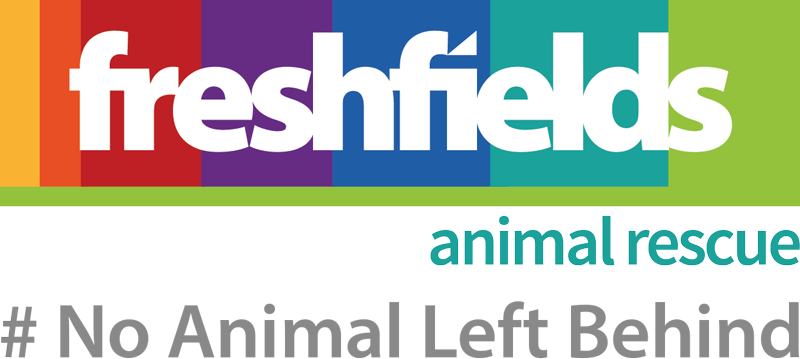Wild Birds
Wild Birds
Each year we care for hundreds of birds, the list is simply endless! Wrens, tits, finches, sparrows, dunnocks, robins, nuthatches, starlings, thrush, blackbirds, rooks, jackdaws, crows, feral pigeons, wood pigeons, collared doves, doves, ducks, moorhens, crested grebes, curlews, cormorants, grouse, quail, pheasants, gulls, sparrow hawks, owls, kestrels and buzzards to name but a few. Birds of prey are treated on an emergency basis and relocated to specialist rescues as soon as possible.
A large majority of birds are the victims of road traffic accidents and predator attacks. Weather plays a part too; snow and ice, along with extended periods of drought can have a detrimental effect upon wildlife. Many birds are brought to the rescue as chicks, some have fallen from the nest, many are attacked as fledglings, and many nests are disturbed/damaged as a result of tree felling, shrub and hedge pruning and the removal of climbing plants such as ivy or vines. Nests are often blown from trees during high winds which can also blow migrating birds off course.
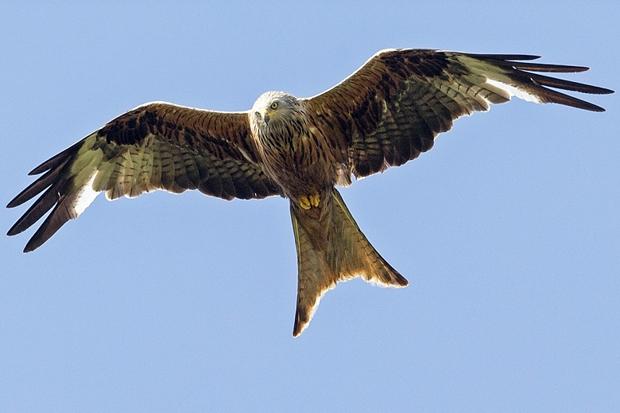
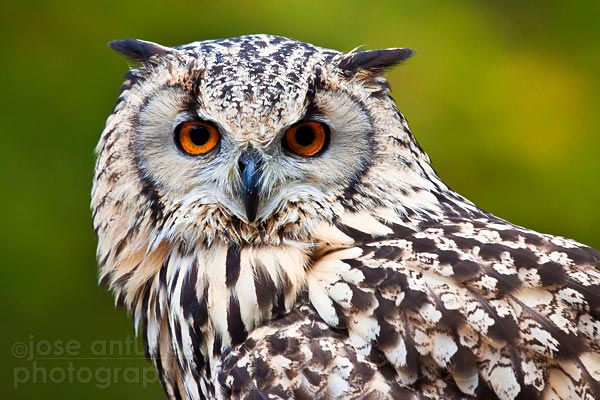
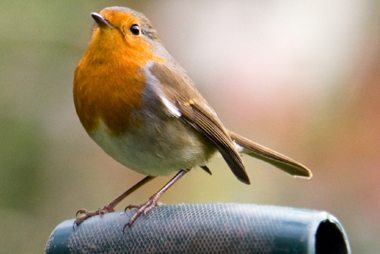
Many birds come to us infected with viruses and diseases. Less common are birds born with deformities.
Often birds are the victims of freak accidents, some fall down chimneys, get ensnared in tight spots or fly into windows, usually when fireworks are set off.
Our aim is to release all wild birds. If a bird is unable to fly due to extensive injuries that cannot be treated, it is, unfortunately, euthanized by a vet.
All our birds are treated by a vet upon admission and throughout their stay with us. Each bird has a specific dietary requirement and is individually catered for. Once fit and healthy, they are placed in aviaries where they are monitored prior to release. Birds are always released in an environment that is suitable for their individual needs.
Chicks of all types are hand reared by our staff until they are able to feed themselves, staff regularly take very young/vulnerable chicks home each evening to provide extra feeds and warmth.
Many garden birds are released in our wildlife garden which is close to natural woodland and food and water are supplied daily.
Water birds have a specially designed water aviary which ensures, their feathers are fully waterproofed, and they are strong swimmers. Once we are sure of that and the flight feathers are in are they released so they have the best chance of survival.
Wild Bird Facts
• UK’s largest bird is the mute swan, one of the heaviest flying birds in the world.
• The smallest is a tie between the gold crest and the fire crest.
• Most small garden birds live between 1-1 1/2 years. Only 10-20% reaches adulthood. Seabirds by comparison are often extremely long lived. Fulmars have been recorded as living until they are 85 years old.
• There are thought to be 574 species of bird in Britain.
• All birds evolved from a group of dinosaurs known as maniraptoran theropods, generally small, meat-eating dinosaurs that include Velociraptor.
• Overall, bird populations in the UK have declined in the last forty years; this includes farmland, woodland, water, wetland and seabirds.
• Cats, cars and windows kill millions of birds each year. Here in the UK, 30 million are killed on roads, 55 million are killed by cats and 100 million are killed by flying into windows.
How You Can Help
• Nestlings however, have a limited number of feathers and are totally dependent upon the security and warmth of the nest. These chicks do need specialist help.
• If you think a chick is abandoned, take pets indoors and observe from a safe distance to see if a parent is feeding. Alternatively, if a chick is in an exposed area where it is at risk, place it in the nearest bush or shrub and again observe for evidence of a parent feeding.
• If a chick is clearly abandoned or injured, catch it by covering it with a towel to avoid unnecessary stress and place it in a secure, ventilated box, with a minimum of handling. If a chick begins to gape, leave it alone as stress and shock can bring about a heart attack. Take the chick to the nearest vet or rescue. In the event of injuries a vet is preferable as very few rescues have a vet on site.
• Never fell trees or prune bushes, shrubs, ivy or vines during breeding seasons, and always check for nests before doing so.
• Fireworks startle birds and many panic and fly into windows and buildings.
• When feeding birds in the garden, the greater the food selection, the more birds you will attract.
• Keep bird feeders elevated and regularly clean to prevent a build up of bacteria. Provide drinking water and if possible, a birdbath which allows birds to maintain their feathers.
• It’s advisable to feed birds throughout the year as each season creates different challenges. Birds are extremely vulnerable over winter and require high energy foods, in spring and summer they are raising chicks and autumn finds them moulting in preparation for winter.
• Cooked pasta, boiled potatoes, cheese, and unsalted bacon rind are suitable, along with fat and suet balls, although it’s advisable to remove the netting first. Seed and grain, especially sunflower seeds, nyjer seeds, millet and oats are particularly nutritious. If feeding unsalted peanuts, always break the nuts into smaller pieces as chicks can choke on whole nuts. Grapes, fruit and raisins are always welcome too. Grapes and raisins are toxic to dogs so be vigilant.
• Don’t feed white bread or chips, especially mouldy bread to ducks, geese or swans as this can lead to major health issues, and prevents birds from flying. Too much bread or chips also causes bloating, making the birds lethargic and sickly looking.
Further reading
RSPB Warn – Don’t Feed The Ducks
BBC Nature News
Feeding Swans & Ducks
Swans Diet
The imbalance of protein and carbohydrates in the diet is passed on by adult birds to ducklings, goslings and cygnets as they develop in the egg, and causes deformed wings, known as Angel wing, as they grow. Uneaten bread also causes bacteria to develop in the water. Appropriate feed can be found in pet shops and supermarkets.
Donate Here
Lost & Found Pets
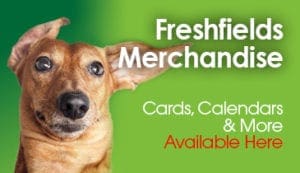
Merchandise
Exclusive merchandise available direct from the rescue. Don't miss out, follow the link to make your purchase today.

